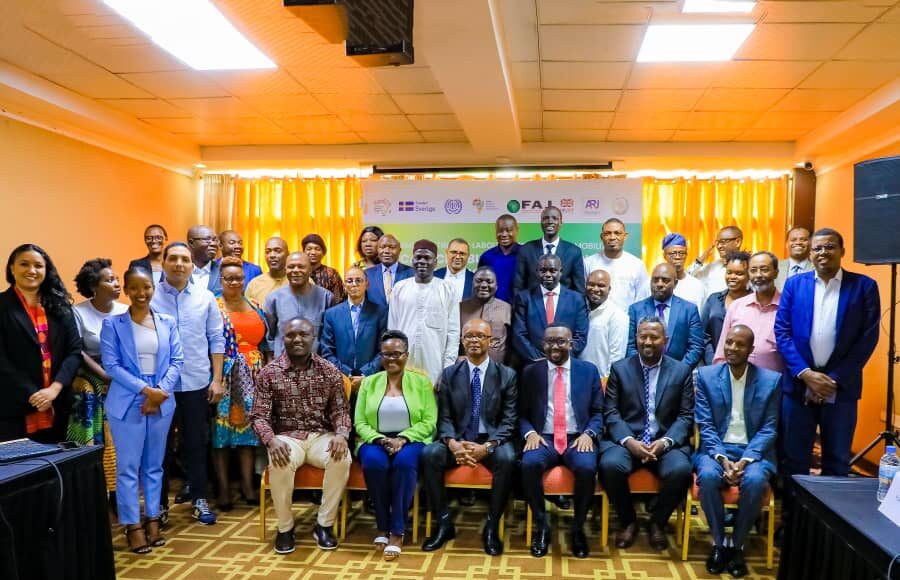By Obi Appolos, Kigali, Rwanda
African journalists have pledged to reshape the often-negative portrayal of labour migration involving Africans, committing to more accurate and balanced reporting. This initiative aims to challenge the stereotypes perpetuated by Western media and some African outlets, which frequently depict migrants as victims fleeing poverty or conflict. Instead, the focus will be on showcasing the contributions, skills, and the nuanced realities of migrant workers.
The resolution emerged from a three-day workshop in Kigali, Rwanda, organized by the Federation of African Journalists (FAJ) with support from the International Labour Organization (ILO) and ITUC-Africa. Participants explored how responsible journalism can combat misinformation, foster understanding, and educate potential migrants about safer migration practices.
FAJ President Omar Farouk highlighted the critical role of the media in debunking migration myths. “Together, we can make a difference in how migration is understood in Africa and around the world,” he affirmed. Farouk urged journalists to report on both the challenges and the significant contributions of migrant workers, moving away from single, reductive narratives that fuel stereotypes and discrimination.
Contrary to sensationalized portrayals focusing on Africans migrating to other continents for greener pastures, data from the International Organization for Migration (IOM) tells a different story. African migrants account for just 14.5% of the world’s 281 million migrants, compared to 41% from Asia and 22.5% from Europe. Moreover, in 2020, approximately 51.6% of African migrants remained within the continent, emphasizing the prevalence of intra-African migration.
Despite this, media narratives often prioritize irregular migration to Europe or the Gulf, overshadowing the regular and substantial movement of people within Africa. Such depictions perpetuate negative perceptions, leading to discrimination, low wages, xenophobia, and inadequate protections for migrant workers.
Akhator Joel Odigie, General Secretary of ITUC-Africa, underscored the essential role of journalists in fostering better understanding of migration issues. He stressed that balanced reporting can safeguard the human and labour rights of migrants while reducing xenophobia.
“We want the media to educate and raise awareness among potential migrants, so dangerous and desperate journeys can be avoided. Changing public perceptions will also reduce xenophobic hate against migrants both within and outside the continent,” Odigie explained.
He also drew attention to the unique vulnerabilities faced by female migrant workers, who often endure compounded challenges due to gender inequality. “The media must amplify the voices of migrant workers, especially women, who are disproportionately affected by patriarchy and stereotypes. Responsible reporting can help improve their wellbeing,” Odigie added.
Ephrem Getnet, ILO Chief Technical Advisor, urged journalists to apply the knowledge gained during the workshop to improve their reporting on migration issues. He reaffirmed the ILO’s commitment to supporting journalists with accurate data and technical assistance to ensure fair and informed coverage.
Migrant rights organizations, including ITUC-Africa, have praised the workshop’s outcomes. They believe that balanced media narratives will contribute to a more informed public and stronger protections for migrant workers across the continent.
By spotlighting the contributions of migrant workers and addressing the systemic issues they face, African journalists are poised to play a pivotal role in transforming the global narrative around migration.






























